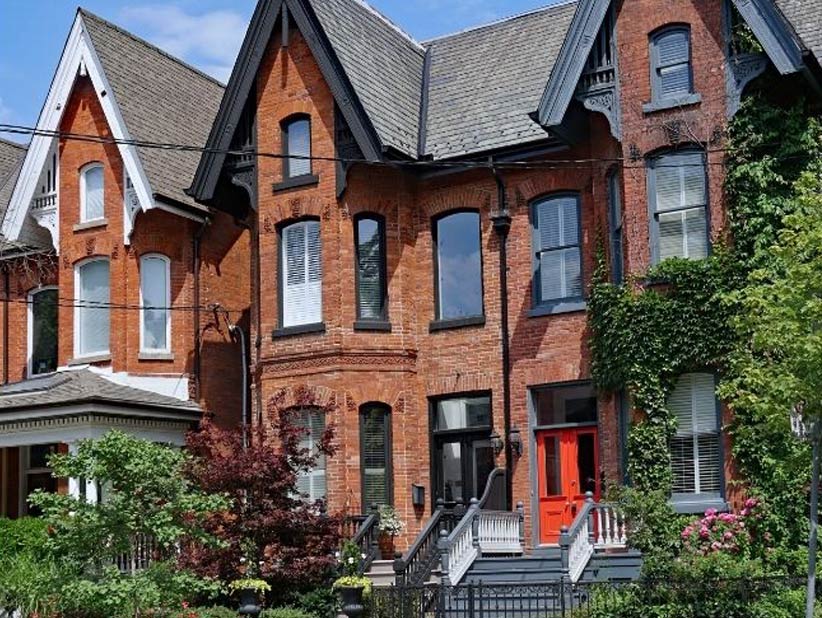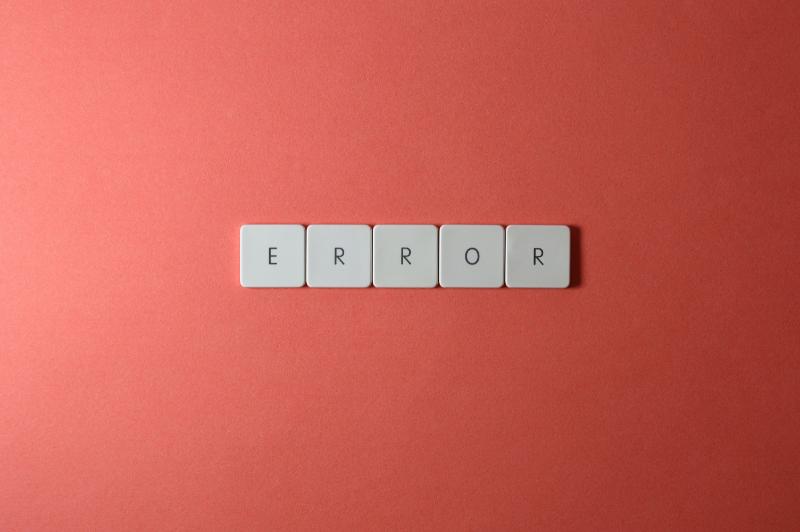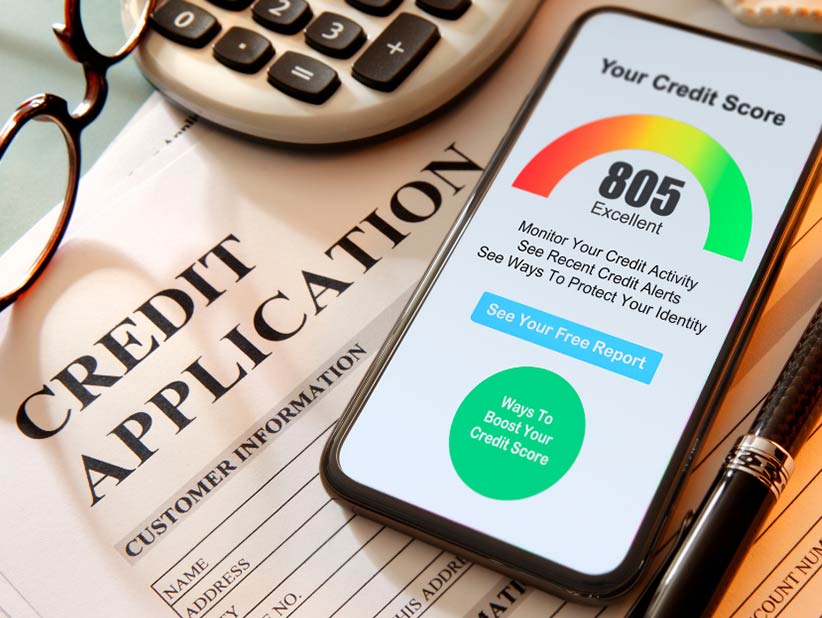You’ve finally saved enough for a down payment on your first home and you’re eager to hit the ground running, however, there are still a few steps to take before you contact your realtor and start shopping. The first call you’ll want to make before you begin this exciting chapter is to a mortgage specialist or your bank. They will help you put together a mortgage pre-approval, which will determine how much you can comfortably afford to spend on a home.
There are a few factors that will determine your pre-approval amount and this list will help you prepare for when the time comes to have a pre-approval done.
Identification
This one seems simple, yet it’s a critical piece to protecting both you and your lender from identity fraud. You will be required to show a government-issued ID such as a driver’s license or passport so your lender can confirm your full name, address, and date of birth.
Employment and Income Verification
Depending on the lender, there could be a few different combinations of documents that you might need to provide for this piece. To confirm your employment status, your employer will need to provide a letter of employment. This letter should state the following:
- Job title
- Length of employment
- Your employment status (full-time, part-time, contract)
- Your hourly rate and guaranteed hours OR your annual salary
The next step would be to verify your income. This can be done with your most up-to-date pay stub and your last two year’s T4s. If you are self-employed the rules are slightly different. You will be required to show your last two year’s T1 General, along with their respective Notices of Assessment. If you’re thinking about buying a house, you must have had stable and consistent employment with the same employer or within the same industry.
Credit Check
Your lender will need to perform a credit check, which indicates your credit score. This helps the lender understand your creditworthiness and ability to pay your debt obligations back. If you have a lower credit score (under 600), you will find it more challenging to be approved for a mortgage at a major bank. If you have a mid-range credit score (between 600-700), the other pieces of your application will need to be strong. If you have a credit score above 700, it’s likely your lender will have no problem approving you at the best interest rate possible, depending on your income level.
Mortgage Stress Test
As of June 1, 2021, the Bank of Canada has made changes to what is called the Mortgage Stress Test. This means that each mortgage application will be processed based on an interest rate of 5.25% to ensure that if rates were to increase, you will be able to afford your mortgage payment as well as your outside debt obligations.
Being pre-approved for a mortgage can save you time, increase negotiating power in competition, prevent disappointment and above all, instill home buying confidence.
If you’re interested in learning more about the steps you need to take to get a mortgage pre-approval, please contact our team today!

The Bosley Advantage
Read about the heritage and innovation that form the foundation for Bosley’s industry-leading approach to real estate.














